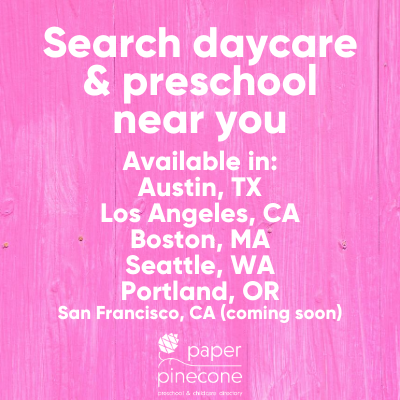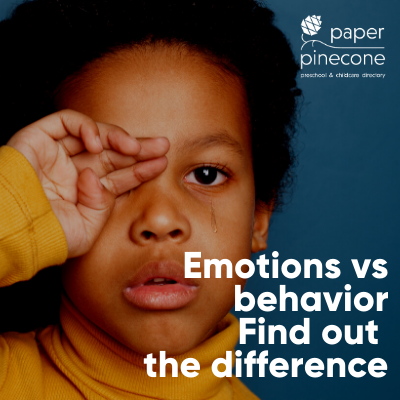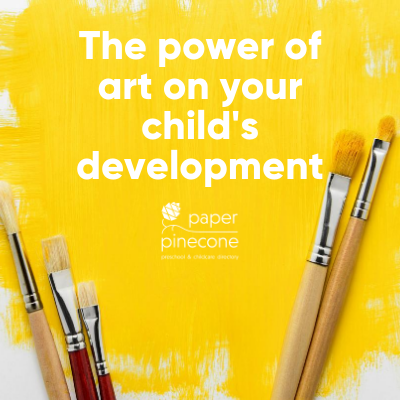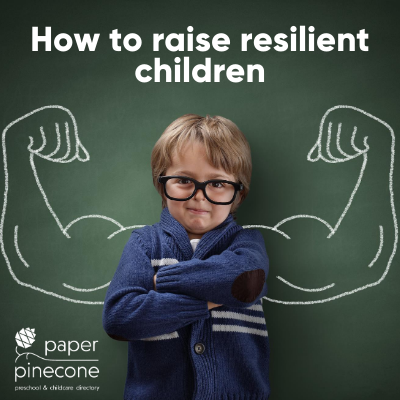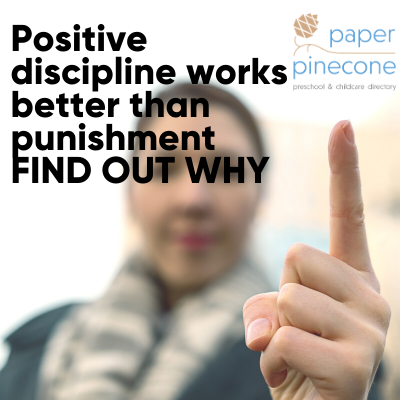Empathy Blockers - What Are They, Why Should You Avoid Them, And What To Do Instead?
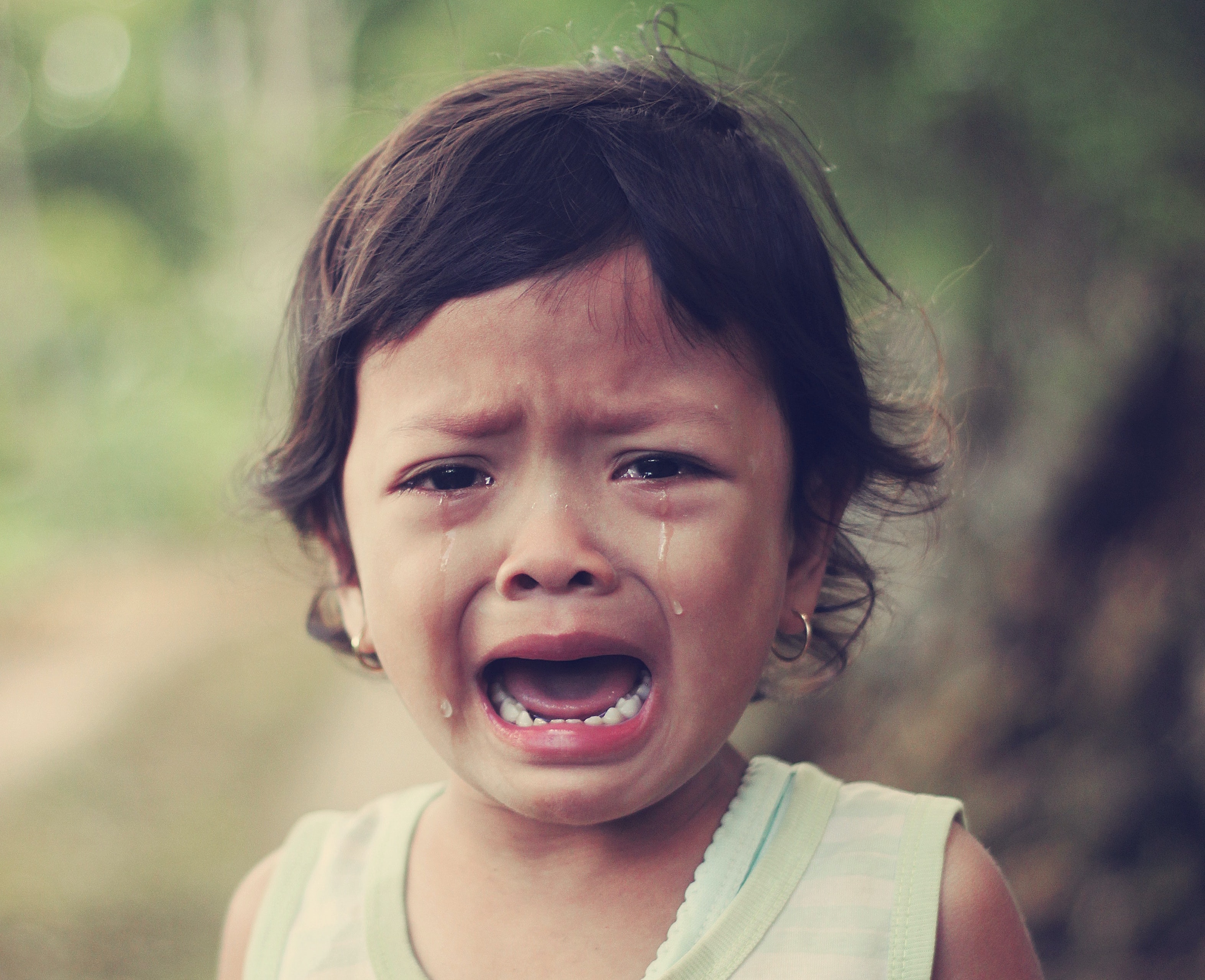
Published Date: 05/12/20
Empathy gives us the ability to see things from another’s perspective so we can understand their feelings. Having and showing empathy allow us to respond appropriately to a situation by meeting a person’s emotional needs.
An adult may text, call, or email and say they need to vent, or share a struggle they’re going through with you. But children don’t necessarily have the same tools or the same capacity to do that. What you might see as negative attention-seeking is actually a form of communication from your child. A child fighting with a sibling may need alone time with a parent. Another exaggerating an tiny injury may need some extra cuddles. An another may show off or demand you “watch this” for the millionth time may be looking for a self-esteem boost.
It's critical that parents respond to, and meet these needs, whenever possible.

What are empathy blockers?
Empathy blockers are words that seek to distract from the situation and force someone to move on from it, whether or not they’re ready to. They’re often used by people in an attempt to protect someone else from emotional pain. “Everything happens for a reason” – it’s said to children and adults alike. We use it when we don’t know what to say and we’re trying to make someone feel better. But, in reality, we’re communicating that the person shouldn’t feel sad, or angry, or slighted, and that they should simply accept the situation and quickly move past their emotions. When we use empathy blockers with children, we stunt their emotional growth, but when we help them work through challenging situations, we they build resilience and develop emotional maturity.

Examples of Empathy Blockers:
Empathy blockers are often used unwittingly and regularly. They seem totally normal, especially when one’s own parents used them frequently.
Some of the most common empathy blockers taken from Robin Grille's book Parenting for a Peaceful World are:
Moderating: When parents use a moderate tone and try to calm things down.
- Come on, don’t cry.
- It’s certainly not that bad!
Denial: Completely denying of the thing your kid is emotional about.
- Nothing is wrong with you
- You have nothing to be unhappy about.
- Everything is fine.
Reasoning: Providing certain reasons
- There’s no need to cry. Can’t you see that the other kid didn’t mean to hurt you?
The Positive Spin: Showing needless optimism.
- Look at the bright side.
- Everything happens for a reason.
Expectation: Showing your child that you expected differently.
- You should have known better.
- Get over yourself.
- Pull yourself together.
- It’s not a big deal.
Put Down: Degrading children is probably the most dangerous of the empathy blockers. They completely destroy a child’s confidence and self-worth in the long run.
- Don’t be ridiculous.
- You’re being silly.
- Don’t act so foolishly.
Labeling: Giving labels to your children.
- You are being overly sensitive.
- Don’t be so immature.
- You’re acting like a baby.
These statements above may seem fairly innocuous however they have indirect effects on every child’s psychology.
How to avoid empathy blockers
The most important thing you can do to move away from empathy blockers is to listen attentively. We all listen to our children – sometimes. Other times we roll our eyes when they’re melting down over the world’s tiniest paper cut. Body language like that can be an empathy blocker as well.
Think of children as seeking connection rather than attention. Reframing what you hear will reframe your response.
Show your interest in the emotions and feelings of your child. Don't underestimate them; children’s sensors are strong enough to understand whether you’re listening closely and when you’re placating them.
"Eco friendly, safe, bpa-free - bamboo plates with lids"

Before you say anything, think about what your child needs in the moment. Repeat back to them what they tell you. It’s important to realize that your job isn’t to solve your child’s problems, it’s to teach them how to solve their problems on their own. Avoiding empathy blockers helps children learn to work through emotional problems.
Final thoughts
There’s often a negative connotation with being sensitive and feeling emotions deeply, and society views people who suppress their emotions as being strong. But that’s not the case. Being able to process your emotions and deal with them productively is what makes a person strong. You have the opportunity to shape your child into someone strong who’s not afraid to feel their wide spectrum of emotions. You can teach them to understand and work through how they’re feeling. But first, you must acknowledge it and leave empathy blockers behind. Doing so will help your child flourish into an emotionally mature adult, capable of having successfully, healthy relationships.
Paper Pinecone is the leading childcare resource giving you access to the best preschools, daycares, before/after school programs, pods and tutors. Parents always search free and childcare providers always list free. Send inquiries about daycare, preschool, pandemic pods, and microschools to [email protected].
- stacey's blog
- Log in or register to post comments
